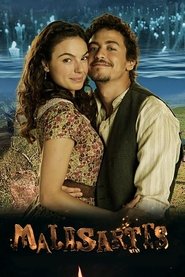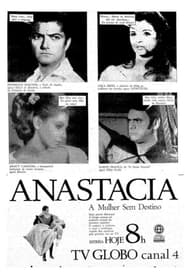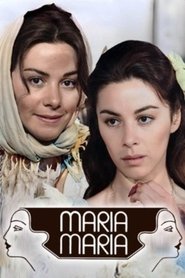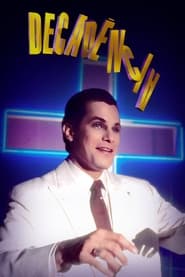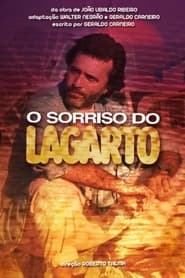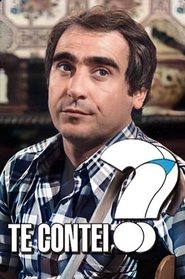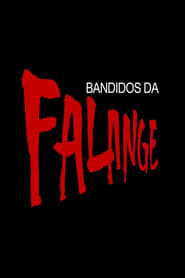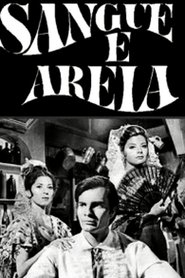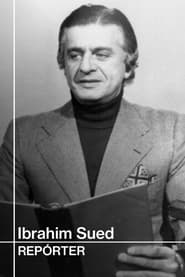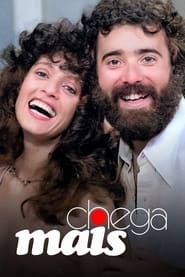Tv Globo TV Series - Page 28
-
Zig Zag Arena
2021
Zig Zag Arena
2021
-
Maria, Maria
1978
Maria, Maria
1978
-
O Sorriso do Lagarto
1991
O Sorriso do Lagarto
1991
-
Te Contei?
1978
Te Contei?
1978
-
É de Casa
2015
É de Casa
2015
-
Sangue e Areia
1967
Sangue e Areia
1967
-
Tomara que Caia
2015
Tomara que Caia
2015
-
Viver do Riso
2018
Viver do Riso
2018
A comprehensive portrait of Brazilian comedy through the years, showing its best comedians and remembering its most iconic characters, sketches, shows and movies. -
Big Brother Brasil
2002
star 4.5Brazilian version of the reality game show in which a group of houseguests live together 24 hours a day, isolated from the outside world but under constant surveillance with no privacy. Each week a guest is voted out of the house until only the winner remains. -
Sétimo Sentido
1982
Sétimo Sentido
1982
-
Chico Xavier
2011
Chico Xavier
2011
-
O Bofe
1972
O Bofe
1972


